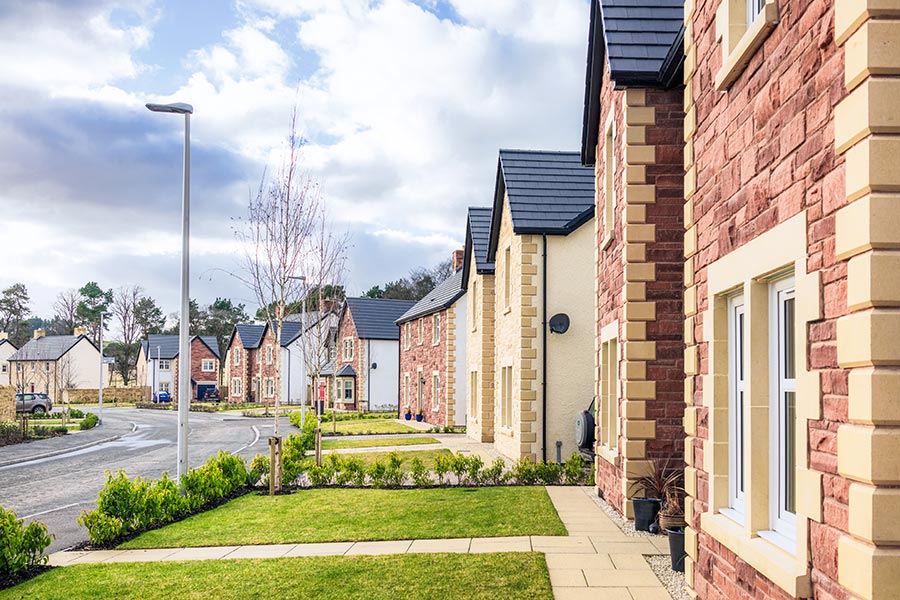Is the Government Failing Irish Businesses? Dublin Chamber Sounds the Alarm on Shocking Performance Gaps!
Ever wondered why so many businesses seem to be giving the government a big ol’ side-eye lately? Well, the latest Q3 business outlook from Dublin Chamber spells it out: skepticism is the name of the game. Since the folks in charge took office last December, nearly two in five businesses are stuck at a “fair” rating — that’s code for “meh, we see some effort but it’s not exactly lighting fires.” Meanwhile, a hefty 38% are waving red flags, saying the government’s falling short on its promises — with 31% calling the performance poor and another 7% slamming it as very poor. On the bright side? A mere 18% are cheering for the government’s progress, but when housing delivery is the gold standard for success — grabbed by over half of respondents — impatience is running high. Infrastructure and economic leadership aren’t far behind in priorities, yet the sense is clear: it’s action, not announcements, businesses crave. So, the question begs — when will the crucial projects move from paper dreams to shovel-ready realities? Here’s the scoop on where things stand and what’s needed next. LEARN MORE.
Businesses are sceptical of government’s ability to deliver, Dublin Chamber‘s Q3 business outlook report has found.
Two in five (41%) respondents rate the government’s performance since its formation last December as “fair”, noting “limited but visible effort”.
A further 38% believe the government is falling well short on most promises, with 31% rating performance as poor and a further 7% as very poor.
Under one in five businesses (18%) offered a positive assessment, with 17% describing progress as good and 1% rating it as excellent.
Housing delivery remains the single most important benchmark for judging government performance, with 52% citing it as the top priority followed by infrastructure (44%) and economic leadership (41%).
“Businesses need to see tangible progress from government in removing the barriers and delays to building housing and providing water, electricity and transport. They need to see delivery at the scale and pace required by a housing crisis,” said Aebhric McGibney, director of public and international affairs at Dublin Chamber.
“Budget 2026 mostly reannounced commitments from the revised National Development Plan. These funding announcements are welcome but must be followed up by action.
“We need to see the critical projects that will unlock housing delivery such as the Eastern and Midlands Water Supply Project and the Greater Dublin Drainage scheme move off the page and into construction.

“To help unlock blockages in the infrastructure pipeline, government needs to ensure that the public good is balanced appropriately with individual rights, multi-annual budgets are agreed to give certainty to the market and parallel consenting is the norm rather than the sequential process that is in place at present.”
Photo: (l-r) Micheál Martin and Simon Harris. (Pic: File)




















Post Comment